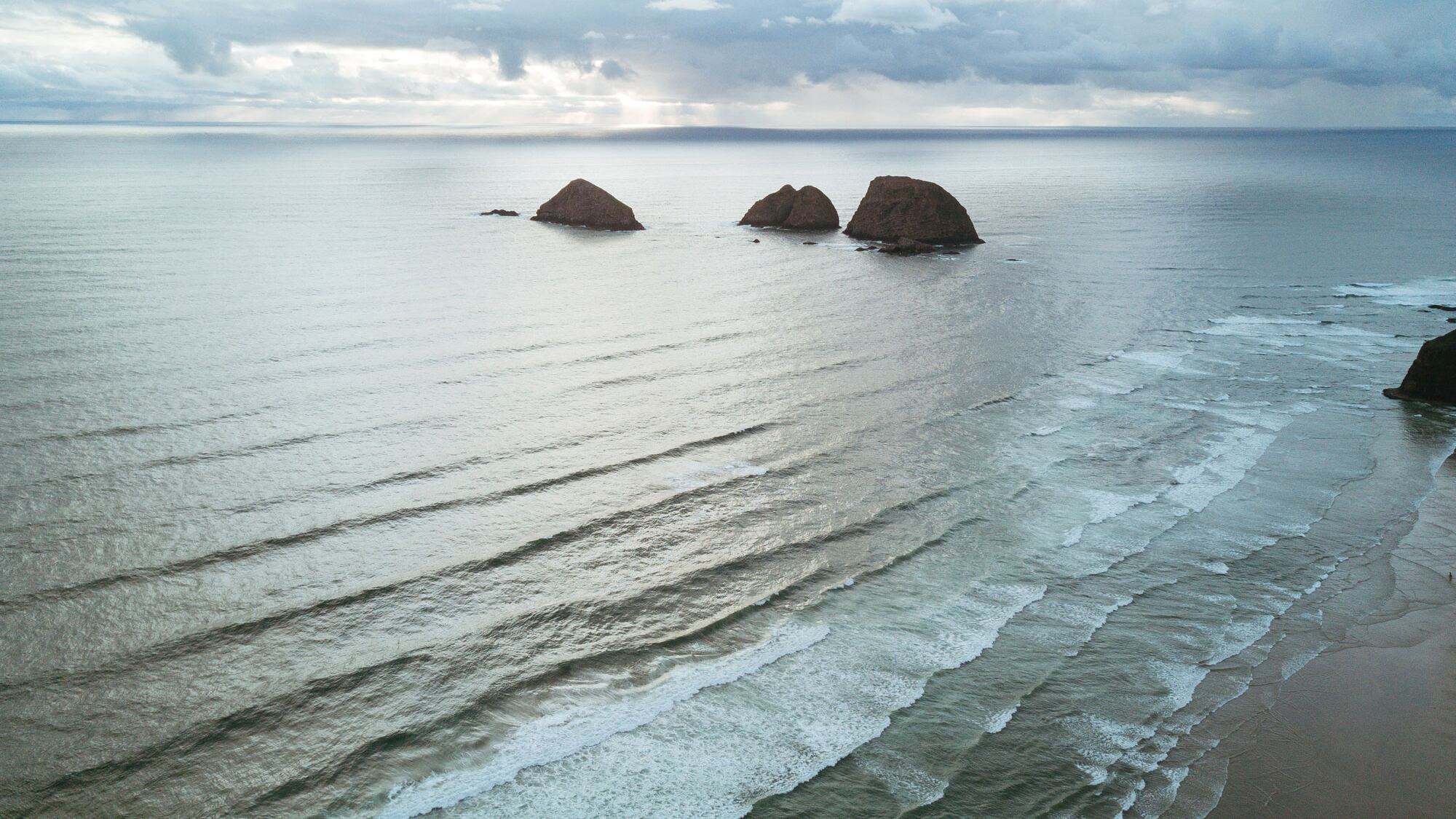WW presents "Distant Voices," a daily video interview for the era of social distancing. Our reporters are asking Portlanders what they're doing during quarantine.
In recent years, sea turtles and dolphins have become a common sight on Oregon's beaches.
That's not a good thing.
Every winter, a few sea turtles and sometimes half a dozen dolphins wash up on Oregon's beaches, hypothermic and stranded. That's surprising not only because sea turtles and dolphins are warm-water animals, non-native to Oregon's frigid waters, but also because it didn't use to happen this often.
"The fact that we end up having sea turtles here is sort of an anomaly," says Jim Rice, who manages the Oregon Marine Mammal Stranding Network, or OMMSN.
Stranding networks track and respond to civilian tips about beached aquatic animals. There are dozens of stranding networks around the country, all of which are overseen by the National Oceanic and Atmospheric Administration.
When someone reports one of the hundreds of strandings that happen each year in Oregon, it's Rice who gets the call—his cellphone number is listed on NOAA's website as Oregon's tip line.
Year round, Rice receives calls, texts and emails from beachgoers who've found sea critters stuck on the sand. Certain animals, like sea turtles, can be brought to the Oregon Coast Aquarium for rehabilitation. Here in Oregon, however, there isn't a facility that can treat stranded marine mammals in most cases.
But even if an animal can't be rehabilitated, scientists look to stranding data for long-term trends, which in some cases can be a way of monitoring ocean health. OMMSN performs necropsies on dead stranded animals, which can reveal biotoxins, pollution and other threats to ocean life.
Still, Rice says it will be some time before we know conclusively why non-native warm-water species end up in Oregon each year.
"I think it's going to be a while before we can really look at stranding data in a broad sense," he says. "These large-scale events that we know are happening, like marine heat waves, I think it's undoubtedly that they are creating some sort of changes, but it's hard to quantify directly how they're affecting marine mammal strandings."

